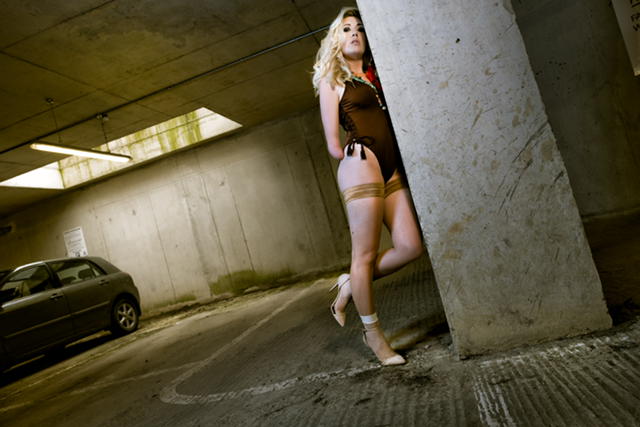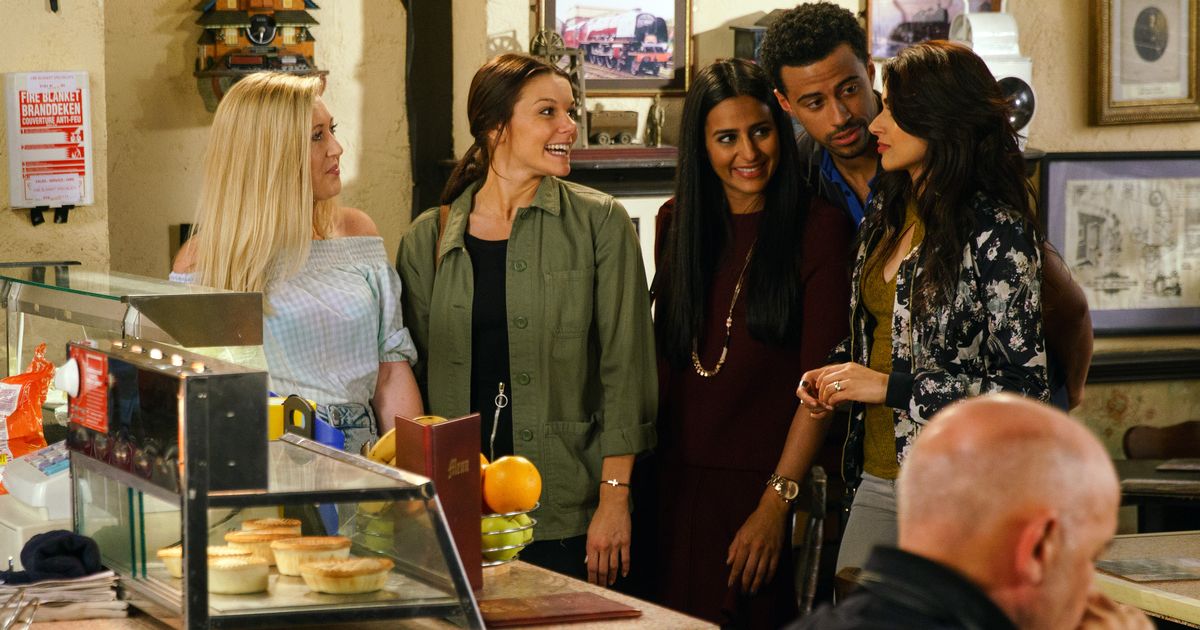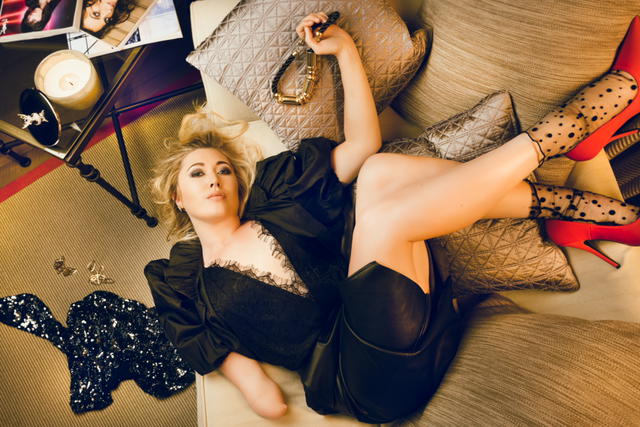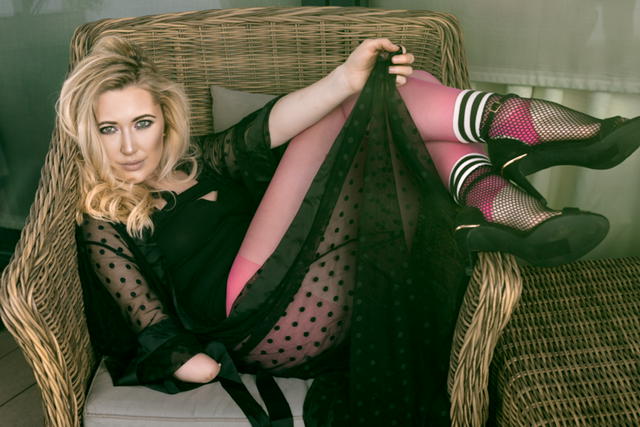Former Coronation Street actress Melissa Johns is shedding a new light on disability and body image. The actress and model, along with ‘Models of Diversity’, are changing perceptions of disability and empowering the celebration of body differences.

Disability has been at the back of the queue for too long. It’s time to step it up and push for a place at the front. Where it is seen. Where it is celebrated and where it can empower others with body differences. Throughout our lives we look for people that represent us. That look like us. And that shapes how we see ourselves. How we view our bodies. Who’s the person closest to my body image that can help me feel empowered? Actors and models like Melissa Johns help represent body differences and show us the uniqueness of the human body. But “we” are more than that. “We” don’t just stand for representation. “We” stand for celebrating the bodies we were given and enjoying every part of being different.

Melissa Johns is a Manchester based British actress and model with a disability, born without her right hand and forearm. She played character Imogen Pascoe in ITV’s Coronation Street as well as roles in BBC’s The Interceptor, Casualty, Doctors and SILK.

Melissa Johns as Imogen in Coronation Street
She trained at East 15 Acting School and is represented by West End agency Wintertons. Melissa is ambassador for Invisiyouth and Models of Diversity. In January this year, Melissa’s icloud account was hacked and intimate photos of her were released online. The way that Melissa dealt with the situation made even stronger headlines with one reading, “we can’t get enough of the way Melissa Johns is dealing with sex pic scandal” and “former Corrie actress hits back.”

On growing up, Melissa recalled, “When I was 19 a girl said something to me that stuck with me for years: ‘YOU have a boyfriend? Really? Well how does he feel about having to have sex with you?’. This feeling of ugliness and disgust resonated with me throughout my teens and twenties. It resulted in me despising my body and loathing the way I looked every time I saw myself in the mirror or in photos. I saw everyone else around me as these perfectly cut, sparkly little gems. And then there was me.”
 “This uncut, grey stone that got in the way. Hating my body because of my disability was draining. It took up so much energy and at 25, after years of despising the body I was given, I decided I had to change the way I felt about myself. I had to work hard to undo all of this negativity I had created around my image. That took about 2 years. But it was so worth it. I love my disability and body difference. I wouldn’t have it any other way”.
“This uncut, grey stone that got in the way. Hating my body because of my disability was draining. It took up so much energy and at 25, after years of despising the body I was given, I decided I had to change the way I felt about myself. I had to work hard to undo all of this negativity I had created around my image. That took about 2 years. But it was so worth it. I love my disability and body difference. I wouldn’t have it any other way”.

“I am not a sexual fetish. I am not a tick box to prove equal opportunities. I am not even here just to show representation. I’m an individual that has a different body shape from the ‘norm’ and I have the right to be raw, sexy, intimate and real. And most of all, I have the right to see myself that way.”
 “These images make me feel good. They allow me to feel empowered by my own body. Why can’t I look at these images of myself and see an image that I have never seen in the media before? Images that make me feel good, that make others with body differences feel empowered?
“These images make me feel good. They allow me to feel empowered by my own body. Why can’t I look at these images of myself and see an image that I have never seen in the media before? Images that make me feel good, that make others with body differences feel empowered?
A few years ago, I watched MAD MAX at the Cinema. Charlize Theron played a character with one arm. Now, an actor with two arms playing a character with one arm is a whole other issue, that’s a separate fight. But seeing this, sexy bad ass woman with one arm on the screen made me feel so unbelievably empowered that as we left the cinema, for the first time in so long, I took my cardigan off, I gestured with both my arms, I didn’t hide away. I was showing off my body. Because I knew that the majority of people in that cinema had looked at Charlize Theron’s character and had seen what I saw. A powerful, sexy, bad ass woman that had one arm. And what felt amazing, was in that room, I was the closest person to looking like that character. I was the closest to that sexy, bad ass, powerful woman with a difference. And that felt incredible. I can only imagine how much more amazing it would have felt if it had actually been played by an actor with one arm.”

“It’s time for everyone to play their part. Clothing brands, advertising companies, businesses that market products. It’s time for everyone to think: What can I do to represent the 20% of the population that are currently under represented?”.

